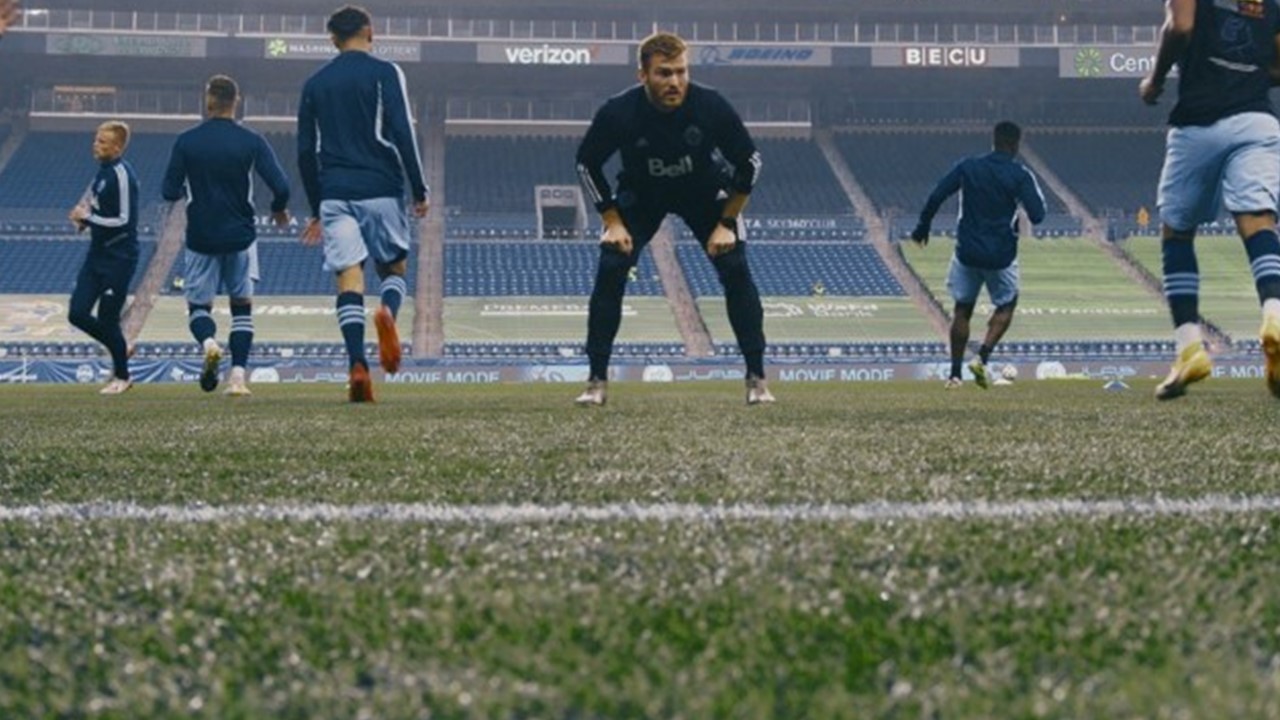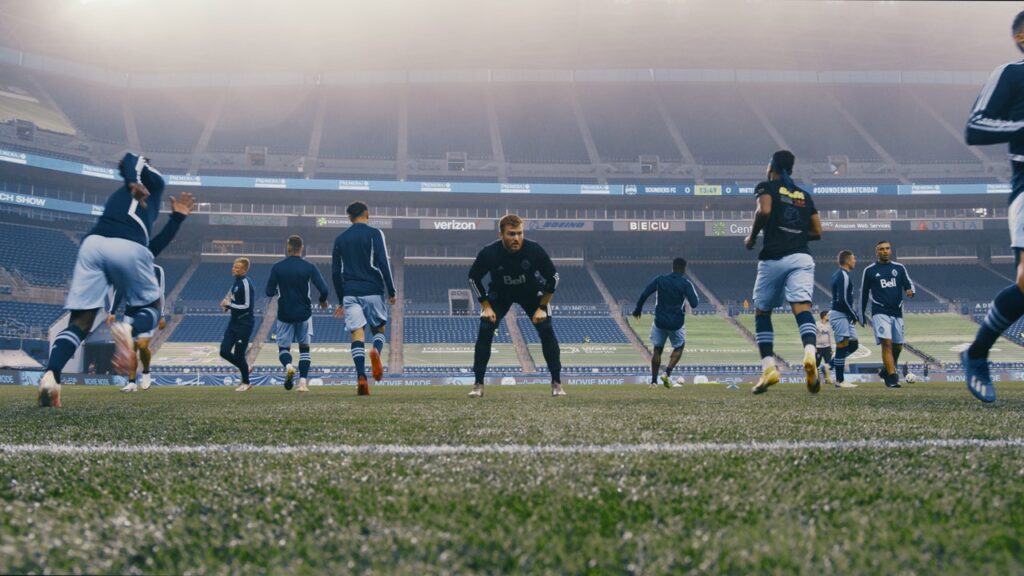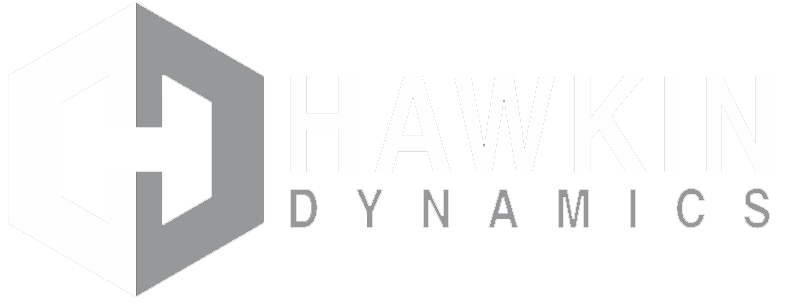Head of Physical Preparation on Working with the Vancouver Whitecaps

This interview with Jon is an excellent example of selflessly contributing to the field by agreeing to make this submission while in the middle of the competitive season, a time we all understand can be stressful and time restrictive. Thank you Jon!

CSCA: What was the key to you securing a job with the Whitecaps (did being a player help increase your odds of getting the job)?
JP: To answer this question, I will give you the background of how I got into the position I am currently in. I started at the Academy level in 2011, where I was brought in to support the athletes in their long-term physical development. I was in charge of providing physical preparation to nearly 100 players ranging from 11 years old up to 23. My role was to make sure the developing players were going to be ready for the physical demands of professional soccer and to educate them on all aspects of physical preparation. I worked at the Academy level for two years, before being promoted to the 1st Team as the Head Strength & Conditioning Coach. After five years in that role, I was promoted to the Head of Physical Preparation. I have overseen everything related to physical preparation at the Club for the last two years. Reviewing my journey, I would underscore that certain skills and characteristics helped me to secure my original job, and others have helped me to maintain and grow in my role for the last decade.
To get and maintain a job in sport, there are certain underlying characteristics that serve as a necessary foundation. The most important aspect in my opinion is to be highly passionate about the field. Understanding the sport is vital, and having played it yourself is an additional benefit. Maintaining positive interpersonal relationships is fundamental, as this will drive your interaction with other practitioners, coaches, players, and management. These relationships can also facilitate new opportunities in the future or ensure that you have advocates for you within your existing organization.
To get your foot in the door and land a job in sport it is important to differentiate yourself from the many other candidates vying for the position. For me, these differentiators included having a Master’s degree, my ability to speak multiple languages, and having played high level soccer myself. I am fortunately fluent in Spanish and can speak French well enough to communicate basic information to players from diverse cultural backgrounds.
Once you’re on the inside, it is vital that you continue to grow and develop so that you can prepare yourself for growth within the organization or for better opportunities in the future. There are several skills that I think underpin my successful growth within the Whitecaps. A growth mindset and an attitude of being open to continuously learning and not being afraid to adapt and learn from mistakes were key. Tied closely to my growth mindset is my competitiveness. For me, I continuously compete against myself as I try to grow and refine my craft. This type of lifelong learning is key if you want to survive and thrive. Finally – you don’t do the ‘grind’ of life in sport alone. Instead, you live a very unconventional work life alongside players and colleagues, so it is important to maintain a positive energy to boost the mood of the room you’re in. Just like you don’t do your work life along, you also work in collaboration with other practitioners to plan and implement return to play and performance plans, so checking your ego at the door and collaborating well is essential.
Finally, being a player definitely helped me to secure and maintain my job. From a theoretical perspective, it helps me to understand the culture of the sport, how different tactical variations will influence the physical demands for the different positions, and how the players feel when performing certain aspects of training. Every day I help to design the training sessions with the coaches – having played makes it very easy to understand what the coaches want, and identify with how the players will feel, having lived some of the drills personally. Similarly, creating the macro- and microcycles is much easier having played myself, as I better relate to how players will feel both physically and mentally. The benefits to having played are not just theoretical, but also practical. Our return to play and sport-specific conditioning drills often incorporate soccer drills that require the ball and technical actions. It is incredibly useful for me to possess the technical ability to pass and perform soccer-specific actions so that I have a broader base of drills I can use and can get involved myself whenever I need to.
CSCA: What are the 1 or 2 biggest challenges you face in the role?
JP: The biggest challenge I face every day is trying to challenge the ingrained mindset/cultural norms of soccer players and coaches. Educating players and coaches from all sorts of different backgrounds and with very different training histories is a great challenge. Creating strong relationships with athletes and coaches is paramount in this process.
The other challenge is to maintain high levels of energy throughout a season. There are many highs and lows throughout a season and having the ability to focus on the process and not become reactive is a daily challenge. Never get too high and never get too low, just focus on what you can control.
Finally, managing energy between family and work, making sure you are fully committed to both parts of your life is an incredible challenge in this field. There is a lot of time away from your family, so when I am home, I am fully committed to being the best husband and father that I can be.
CSCA: What are the 1 or 2 more meaningful successes you have experienced in the role?
JP: The most meaningful success that I have experienced in the role is the high performance culture that we have created over the years at the Vancouver Whitecaps. It’s an environment based on integration. This is often talked about in high performance sport, but not actually accomplished at a high level due to many factors.
We are fortunate to work in an environment where the technical, tactical, mental and physical components of performance are viewed as equally important aspects for the athletes to be optimally prepared to perform on game day. The importance of every aspect is respected and acknowledged. The environment is one that is based on challenging each other to be better every day and challenging each of our respective thought processes, methods, techniques, etc.
We strive to not have any divide between the coaching, medical, and physical groups. We are a united front working towards our performance goals. The environment is one that is based on having a growth mindset and not being stuck in one’s ways. I am proud to say that we are continuously refining our high performance environment.
I have had the opportunity to work with certain athletes with long and challenging injury histories coming into their tenure with the Whitecaps. Our growth-driven approach drives our belief that we can help to bring these athletes back to full performance with a highly comprehensive performance program. We approach chronically injured athletes with a “slow cook” mentality. Working with several athletes that were near retirement due to injuries and seeing them return to high level performance on the field, and sign another contract is incredibly rewarding.
CSCA: What does a usual day look like for you (not a game day but a usual training day)?
JP: My ‘normal’ day starts when I get in at 6:00 AM so that I can workout from 6:00-7:30. This is by far the most important aspect of my work day because it sets me up with mental clarity and energy for my daily tasks. After my workout, I am off to our integrated support team meeting where we review all players individually from a medical, physical, and mental perspective and discuss both short and long term plans on key individuals. After my meeting with the integrated support team, I meet with the coaches to communicate any pertinent information for the day, finalize the current day’s training session content, and to discuss any current issues. After this meeting, I will have breakfast and then provide pre-training support to the athletes from 9-10. The pre-training support is different depending on the day of the week and the individual athlete. I will support players performing their individual gym strength/power programs, pre session preparation programs (Prehab), PAP sessions, mobility sessions, etc. Around 10:00, I will set up on field for the upcoming training session.
During training, myself or my assistant will conduct the Warm Up/Session Preparation Component and usually will perform at least 1 other component in the session depending on what the emphasis is for the day (Max Velocity Sprinting, Acc/Dec/COD work, Plyometrics, Conditioning components, etc.). If we have an injured athlete or an athlete that needs more individual work, I will also be involved in this process on field. All specific physical aspects of the RTP process is guided by me. All throughout the training session, it is also my responsibility to make sure that the session is going as planned by continuously monitoring our training load system, and maintaining consistent communication with the coaches if we need to adapt any aspects of the training session. When the planned session is complete, I will work with any athletes that either did not hit necessary loads on certain physical aspects, or I will perform additional work with athletes that may need augmented physical training.
After the training session, we usually have a strength session in the gym which I will coach. After we download the data from the days training session, I will spend some time analyzing the day’s data, as well as perform a more robust analysis of our athletes’ longitudinal loading. I will note any flags or concerns. After this, it is time for some lunch. After lunch I meet with the coaches to talk about the day’s training session and to put together the major components of the following day’s training session. After this meeting I will plan out any specific components of training I will be performing the following day, especially RTP programming and potentially adapting gym programming based on schedule. Finally, when my checklist is done – I head home to be the best husband and father I can be each day.






